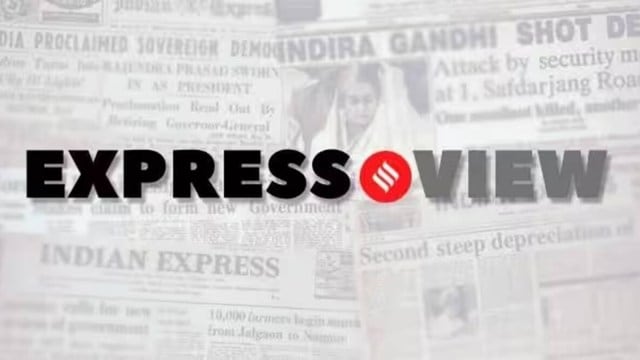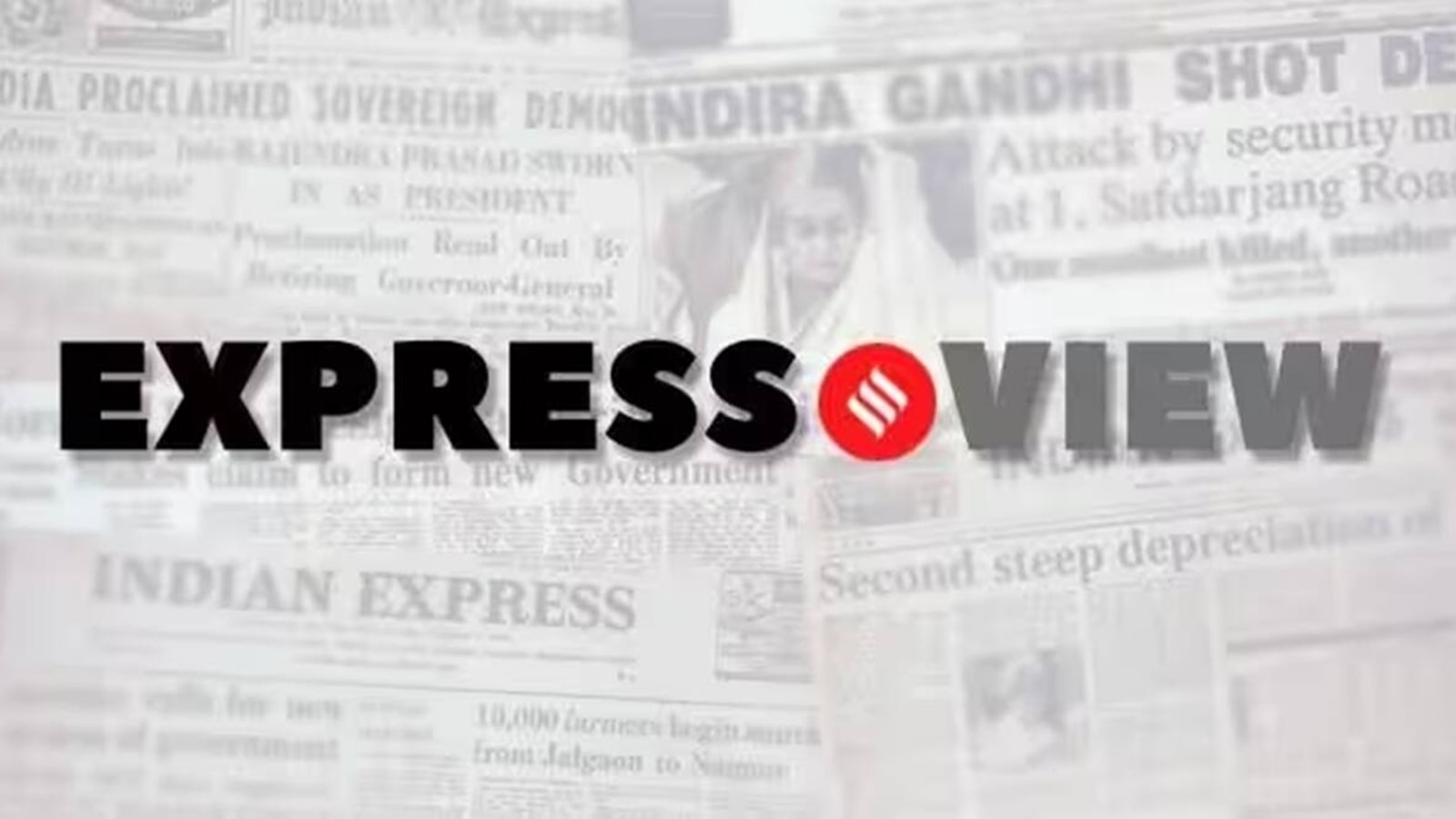
Dec 2, 2024 05:41 IST First published on: Dec 2, 2024 at 05:00 IST
From Lakshmir Bhandar in West Bengal and Ladli Behna in Madhya Pradesh to Maiya Samman in Jharkhand and Ladki Bahin Yojana in Maharashtra — all these women-targeted schemes, providing Rs 1,000 to Rs 1,500 per month to eligible beneficiaries, appear to have paid political dividends by helping reelect ruling parties in their respective states. According to Axis Bank, 14 states now have income transfer schemes that cover roughly a fifth of India’s adult female population, with an annualised spend of Rs 2 lakh crore. Fiscal purists may baulk at such transfers — even seen as a precursor to the Universal Basic Income outlined in the 2016-17 Economic Survey — but they may have eased the pain of inflation for those worst affected in these times. Nor can one underestimate the positive impact of an assured monthly payout on reducing insecurity and promoting independence in decision-making — according to some readings of the final tallies, women voters have signaled as much in the recent Maharashtra and Jharkhand Assembly polls.
That said, these schemes aren’t without drawbacks. To start with, their effect on boosting incomes and consumption demand may not be as much as one would assume. Anecdotal evidence suggests that many Ladki Bahin beneficiaries in Maharashtra have responded to the Rs 1,500/month cash transfer by choosing to work less days/hours and using more of that freed-up time at home. The scheme may have not added to, as much as substituted for, income that would have been earned from tilling the fields and harvesting produce. On the other hand, the reduced supply of labour has pushed up production costs for farmers and small business owners, eating into their earnings and spending power. The multiplier effect of government transfers, in terms of putting more money into the hands of households and stimulating private consumption expenditure, therefore, may be quite limited. These payments should ideally be pegged at levels offering a modicum of protection against inflation, without undermining or crowding-out incentives to work.
No less serious a concern relates to cash transfers emerging as an alternative to building state capacity. Technology — be it Aadhaar-seeded bank accounts or point-of-sale machines — makes it possible today to transfer cash directly and make available free foodgrain to targeted beneficiaries at population scale sans much leakage. Governments, too, find it more expedient to deliver these than investing in public education, healthcare, irrigation or agricultural research and extension that take time to yield results. When voters also turn increasingly transactional and short-termist — seeing for themselves the deteriorating standards of government schools and hospitals and, therefore, not believing in the state’s ability to do good beyond the immediate — that’s when the culture of freebies (“revdi”) becomes entrenched in the system. The cost of it is not just fiscal. India badly needs government policy aligned with long-term national, not near-term electoral, interests.


